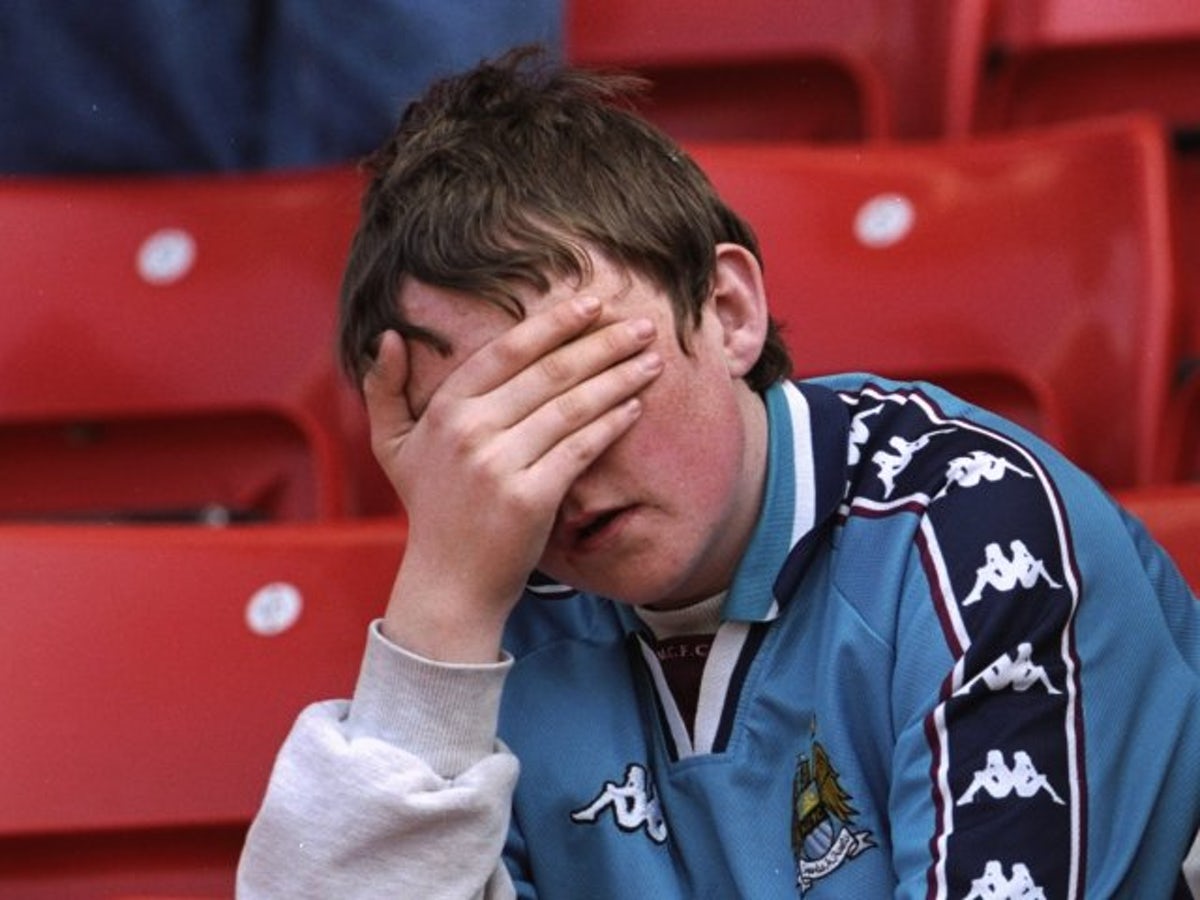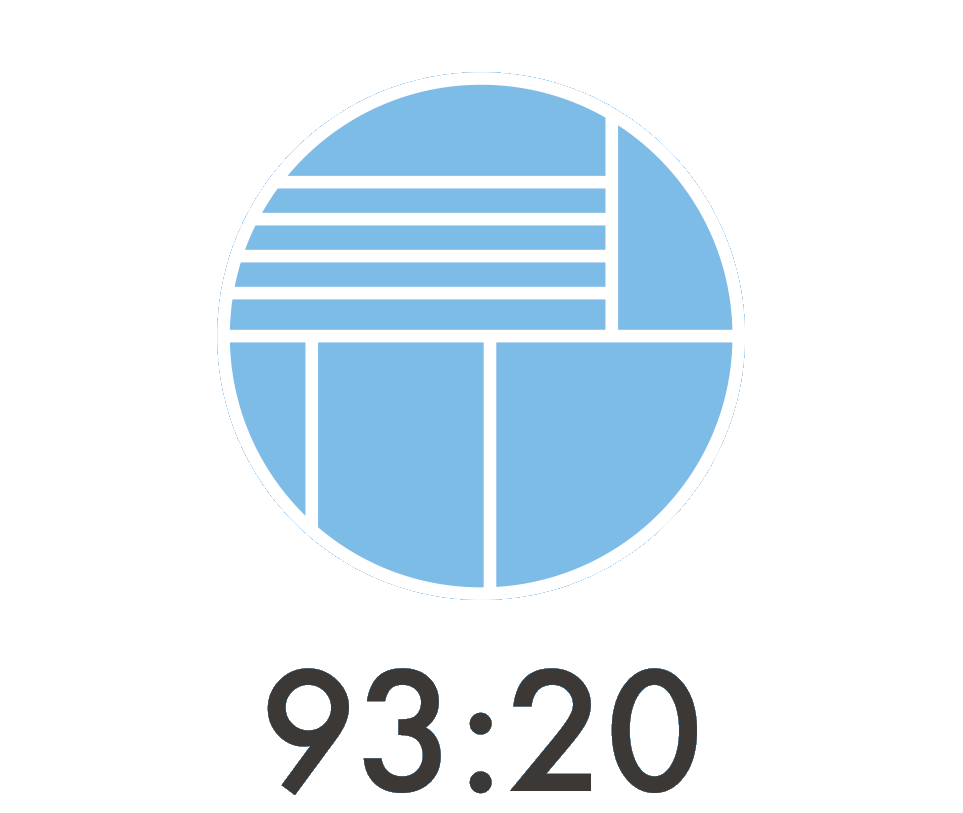Football, And Ridding Myself Of The Emotional Crutch
By Howard Hockin | 11 March 2020(Photo by Andrew Yates/AFP)
If rumours were to be believed, my life was about to begin. I was approaching the big 4-0, and it demanded a celebration. The only problem was, I had other things on my mind. My football team, who you may have heard of, were involved in the most stressful of title races, again. This time Liverpool were the competition, and after Steven Gerrard had slipped on his arse, City were in pole position with just three games left. They were playing at Everton, who I refused to believe would roll over for City, and they didn’t. Nor could I see Liverpool dropping any more points, so for me, if City wanted to secure their second Premier League title, they simply had to win this. So sat in a pub, the celebrations began, and I sat there as balloons were brought in, presents arrived for me to open, cards read and all the while I only cared about what was happening on the big screen ahead of me. The night, the weekend, the season, the summer, depended on this. Thankfully City delivered. I woke up the next morning, my actual birthday, wondering what had happened the previous night after 9pm, baffled as to why there were 12 shot glasses in the kitchen, and thankful for a good night with great friends. But above all, shamefully, my thoughts turned to City. They had won, and thus the world was alright. Because that weekend for me, and many thousands more, nothing else really mattered.
And why? Because personally supporting my particular football club hasn’t been a case of it meaning more, but it simply meaning too much. And it’s dangerous. Dangerous to have your mood reliant on something over which you have no control. And because of the relationship you have with your football club, their actions deeply affect you. After all, many of my key memories are football-related. That’s not particularly surprising if you’re a City fan. Many of my non-football memories can still be linked to the football being played at that particular time.
For many, the hit of a loss is short-lived. A post-match beer and they’re over it, it’s done. For many others, it is not so simple. Like me, for example. Or the old me at least, as I have in recent times become better at not relying on people I don’t know influencing my state of mind. Social studies prove I am not alone, but naturally I knew that anyway, it’s obvious. One study discovered that for so many of us, being a ‘true’ fan requires the ‘living’ experience of football. It is not about being a mere spectator, it is about being a participant. A duty to engage emotionally in the life of the team in order to impact positively on a team’s performance. Football fandom is seen as a rite of passage involving a process akin to apprenticeship. It involves years of instruction, of ‘practice’, of dedication and of demonstrating your own knowledge in the presence of others before being accepted by ‘real’ fans. We use football to bond, and to form strong friendships. The randomness (to some extent) of the football team I support has given me friends for life. It seems weird to ponder that if I had supported a different team, some of my friends would have changed too. Perhaps most of them. Some see their fellow fan base as a community or even a family. Together, you experience the highs and the lows. And those shared experiences are key to the whole package of being a sports fan.
But using my own personal experience, winning also provides a welcome distraction from life’s other problems, of which there are often many. It has a ripple effect on the other elements of your life. Football has always been an escape for many, so this should surprise no one. We like to take some sort of credit, to have bragging rights, when our team does well. But when they don’t, it’s certainly not our fault. Easier to blame the referee, or focus on a scapegoat. Thank the lord for VAR, maybe, our blame crutch. Studies have even shown that testosterone levels in men rise when their sports team win.
I can’t begin to put into words how important it was to me and my mood AND my state of mind that City were successful in their 3 tight title wins. How different my summer would have felt, for starters. How I relied on them to see it through. It’s why I am (slightly) relaxed about City’s current travails, as they have already given me everything, so anything more seems like a bonus. And I need to be, when I reflect on the younger me having whole weekends ruined by my football team, a team that were so bang average that ruined weekends were the norm.
But as large swathes of the population attempt to argue that it’s just a bit of flu sweeping the globe and that life goes on, it has never been more apparent that sport is everything to so many, yet it all means so little in the scheme of things. None of it really matters. What is the result of a football match against the health and well-being of those you love? Nothing. Or virtually nothing, anyway. The sport has given all blues so much happiness, yet relying on matters out of my control to make me happy seems totally misguided. There must be a better way to extract joy. That is what I must take from this week, and perhaps from many weeks that lie ahead. None of City’s seven defeats this season truly mattered. They pale into insignificance, or should do, compared to life’s true priorities. Should we lose the ability to use football as an emotional crutch in the coming weeks and months, then we must find an alternative. But if football does stop, as annoying as it may feel to those supporters whose club could be on the cusp of glory, thus providing more joy for their fans, it will not be the end of the world. Football can never be the priority in life. The health of my parents, friends and of course me is of greater priority than whether we get to the last eight of the Champions League. But perhaps we should not be surprised at those wishing to turn a blind eye to what is now officially a pandemic. Football matches have started wars, so we should expect that some would rather a few thousand faceless people die rather than their football team miss out on a trophy or two.
We spend a chunk of our wages following our team. We spend much of our time watching, reading or arguing about them. It can be all-consuming. An empty seats jibe can draw you into the sordid depths of the internet for hours. I know our team matters, and I know that will never change, nor should it. But if one good thing can come from current events, then I hope it is a reminder of perspective, and where football lies in our lives. Because never in my lifetime has the merits or otherwise of Manchester City’s left-backs ever concerned me less. But of course, eventually, that will change. And we’ll back doing what we do best, or worse. Whatever our priorities are, or should be, it’s what we do. And despite my attempts to persuade you otherwise, for most of us, we’d not have it any other way.

